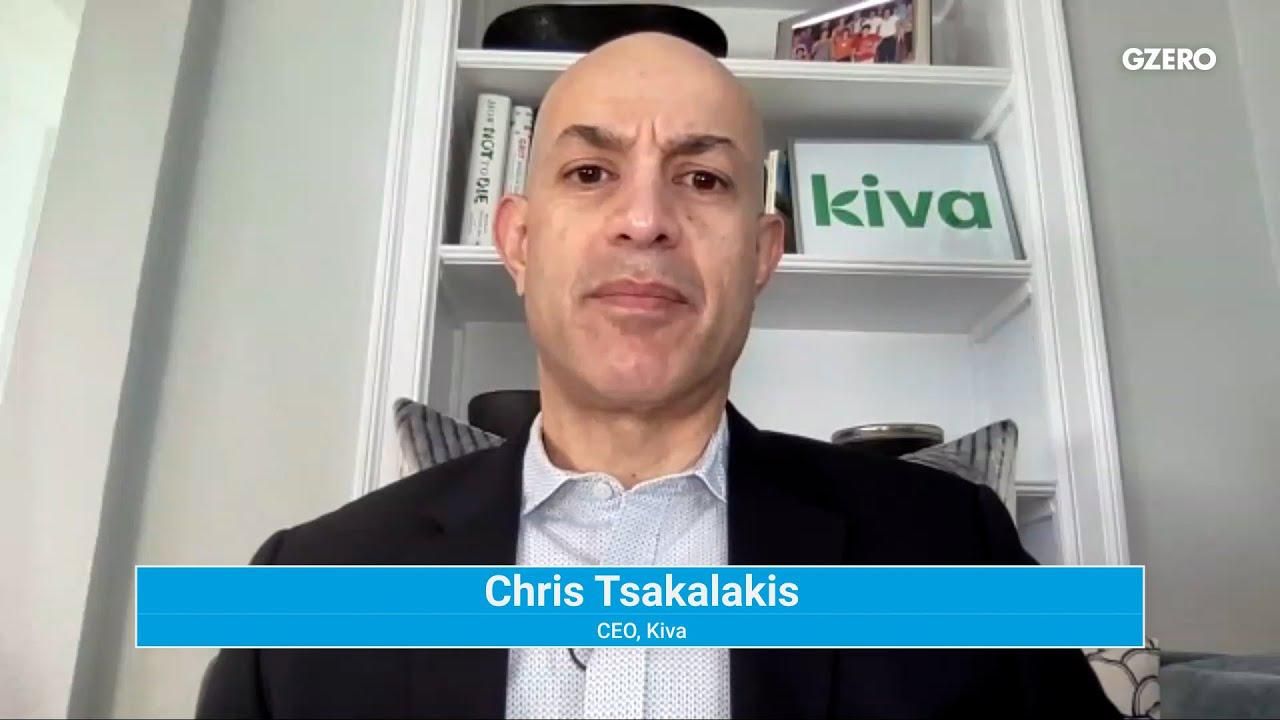
Should Small Businesses Embrace Public-Private Partners? | GZERO Media
Definitely, says Kiva CEO Chris Tsakalakis.
"No one individual or one group can fund what needs to get done in order to support these businesses," he says during a livestream conversation on small businesses and pandemic recovery hosted by GZERO Media in partnership with Visa.
Kiva, he explains, works with all sorts of partners — including resilient borrowers and lenders, often private ones, who support those loans.
One of the organization's go-to partners are foundations like Visa's. "People in philanthropy found ... are interested in attacking fundamental problems in order to make systemic changes," he says.
Watch more: How can small businesses thrive after COVID?